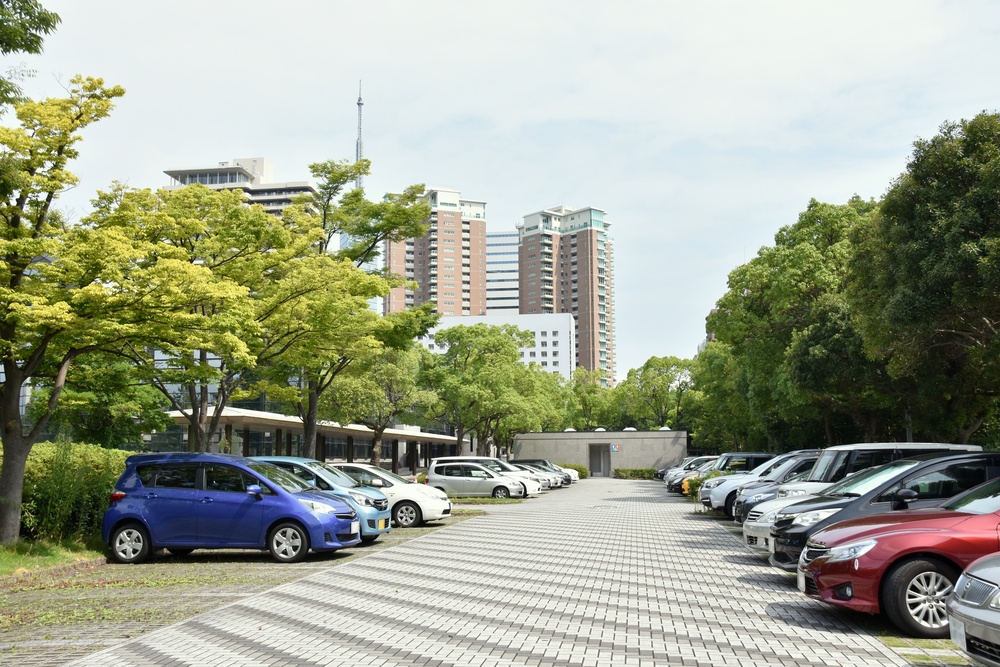
NEWS

Things to consider before buying a car in Japan⑤
BLOG

Hello everyone!
We are now in the autumn season in Japan.
Speaking of autumn, we can say that it is the driving season.
So today We would like to share the following with you.
If you have a car, parking space is an important consideration when buying an apartment. And even if you don't currently own a car, it's a good idea to plan ahead in case of an emergency.
In this post, we will discuss how parking spaces in condominiums work, the types of parking spaces available, and how a lack of parking spaces or too many available spaces in a building can affect the owner.
We will take a deep dive into how to rent a parking space in Japan.
This article is quite important and is a problem that all car owners living in Japan have to deal with.
When purchasing an apartment, parking space is not guaranteed
Japanese building law does not require developers to include parking or parking spaces in condominium buildings. However, many local governments have ordinances governing parking space ratios in condominium buildings. Thus, whether a condominium building has parking and how the spaces are made available varies from municipality to municipality.
In Japan, Tokyo's 23 wards are notorious for their lack of paid parking spaces. The national average monthly parking fee for a site is approximately 8,300 yen (US$75); the average for the 23 wards is between 30,000 and 40,000 yen, depending on the ward. As one might expect, the more central the location, the higher the parking fee.
Parking away from home can be inconvenient and costly, but if you live in the city center and your building does not have parking, it may also be unavoidable.
The percentage of new condominiums in the metropolitan area with parking peaked at about 77.3% in 2007 and has been declining every year; in 2013, less than 50% of condominiums in the metropolitan area had parking, but in the first half of 2017, new only about 42.2% of condominiums had parking.
One of the main reasons for this is the decline in car ownership among young people. With demand for parking spaces projected to decline, condominium developers are less likely to build parking spaces.
However, in suburban and rural areas, where land is much less expensive, there are many buildings where parking can accommodate more than 100% of the parking spaces within the building (so that guests can also park). In more rural areas, parking is often available on the condominium property.
When buying a condominium
If you buy an existing condominium with limited parking spaces, there may not be parking available at the time of purchase. In buildings with fewer parking spaces than the number of condominium owners, parking spaces are often assigned by lottery. In these cases, you will need to sign up for off-site paid parking in order to park your car until a space becomes available in the building.
Parking Rights
Condominium “parking rights” are assigned on either a “lease” or “sale” basis.
Although condominium parking spaces are considered common areas and therefore technically entitled to use by all unit owners in the building, the actual parking spaces may be leased or sold, depending on the rules of the management association.
In a “leased” building, condominium owners who wish to use the parking spaces must pay a monthly parking fee to the management company. Monthly parking fees for condominiums in Tokyo's 23 wards vary widely, from 3,000 yen to more than 80,000 yen, but are similar to the cost of paid parking in central Tokyo, averaging between 30,000 yen and 50,000 yen.
In buildings that “sell” parking spaces, this means that parking spaces are available. There is no monthly parking fee, but the buyer of the parking space must pay the actual purchase price of the space, plus registration fees and property taxes. However, it is more common to lease parking spaces than to sell them.
How was that?
We will be back next week with more content.
Please look forward to it!
instagram
realestatejapan
PDF file









